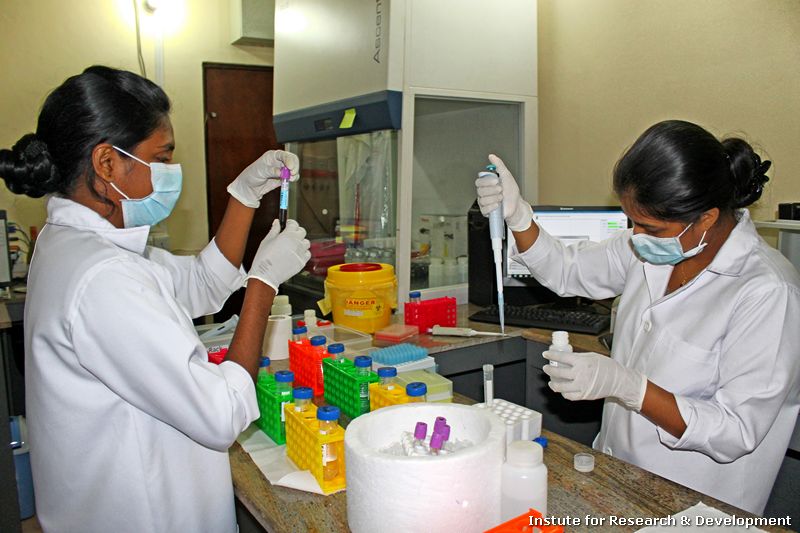A population-based twin register was established in the Colombo district of Sri Lanka using infrastructure designed to periodically update the electoral register. We invited a subsample from this register to participate in the project on common mental disorders, using random ascertainment. A separate non-twin sample was randomly selected from the geographical areas where twins were found.
Home interviewers collected diagnostic information on common mental disorders, as well as environmental exposures including life events, socio-economic conditions, and the impact of the civil war and the Tsunami of 2004.
We identified 19,302 individuals in the creation of the population based twin register. We randomly selected a subsample, of whom 4,387 were eligible to participate and 4,024 agreed to be interviewed (including data on 1,954 complete pairs of twins and 5 sets of triplets). Those who refused consent had a similar mean age and sex ratio to those who were interviewed. We invited 2,485 singletons to participate and 2,019 were interviewed.
Initial exploration of the data suggests the samples are very representative of the Colombo district of Sri Lanka, so we have created a unique resource for understanding the influences on mental disorders in developing countries, and to compare to the influences found in developed countries.
Summary of findings:
Depression
• We found that the prevalence of depression was fairly low compared to Western countries.
• Depression was more common in women than men. It was also more common in individuals reporting a lower standard of living.
• Genetic influences on depression were larger in women than men.
Tobacco Use
• There were considerable sex differences in the rates of smoking with men reporting smoking much more than women.
• There was evidence of moderate genetic and environmental influences on tobacco use and these results were very similar to those reported in Western countries.
Fatigue
• Prevalence of fatigue was lower than rates in other countries.
• Fatigue was often present in individuals who also reported depression.
• Fatigue was heritable in both men and women; however, environmental influences were more important overall.
Post-traumatic stress disorder
• Despite high rates of exposure to trauma the prevalence of PTSD was lower than than in high-income countries.

